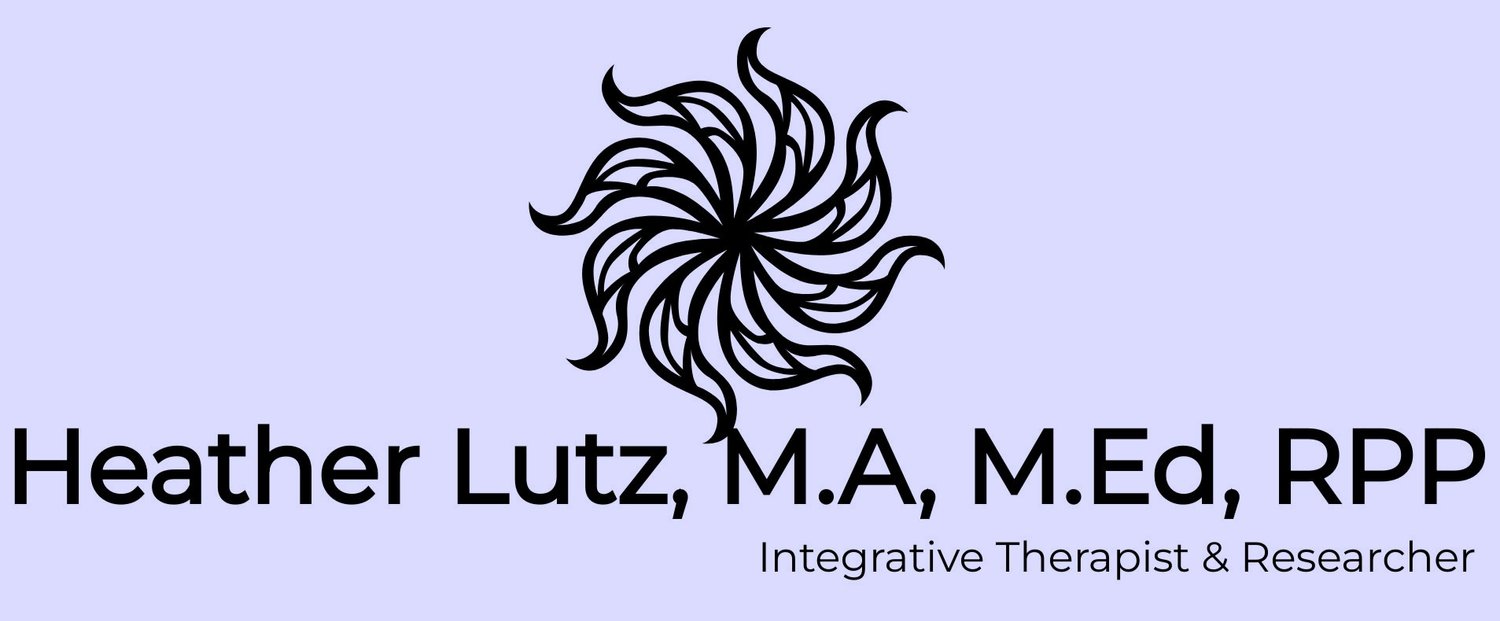Adverse childhood experiences (ACE) are experiences we encounter as a child that left us emotionally, psychologically, and/or physically overwhelmed resulting in a fight, flight or freeze response in the body which affects the nervous system. When these events occur, it is vital that a trusted caretaker support the child to fully process the event in order for it to not become a long term issue. Unprocessed events are stored in our cellular memory even when we do not have a conscious memory of them. This includes even a traumatic birth experience. It is important to understand that what is experienced as trauma to a child’s immature system is drastically different than what an adult can manage and process. Traumatic experiences get activated every time we encounter a present experience that reminds our energy system of the early experience. It colors our perception and our reactions and triggers the nervous system into stressful physiological reactions thereby reducing the ability of the immune system and the body's natural tendency to function in homeostasis. Too much stress – toxic stress- causes a child’s brain and body to produce an overload of stress hormones, such as cortisol and adrenaline. This overload harms the function and structure of the brain. This can be particularly devastating in children, whose brains are developing at a rapid pace from before birth to age three.
Memories, emotions, thoughts, beliefs, and opinions are forms of energy that significantly influence how we view ourselves and the world around us. The experiences we have throughout our life influence the qualities of these energies. How we draw meaning and make sense of those experiences are vital to healthy adult functioning in relationships and to the state of our physical and mental health, as well as having an impact on our perceived purpose in life. Early traumatic experiences distort the healthy flow of our energy system. After many years of our systems trying to compensate for this distortion we can and often do begin to experience many symptoms- physical, mental, or emotional or likely some combination of all three. When our fight, flight or freeze response gets activated through hypo- or hyper-arousal states triggered by the recall of an event through present circumstance, it is vital to find the experience that underlies it in order to unravel all the ways it is likely wreaking havoc on your system.
What Did the CDC ACE Studies Measure?
There are 10 types of childhood trauma measured in the ACE Study Conducted by Center of Disease Control (CDC).
Five are personal
- Physical abuse
- Verbal abuse
- Sexual abuse
- Physical neglect
- Emotional neglect
Five are related to other family members
- Parent who’s an alcoholic
- Mother who’s a victim of domestic violence
- Family member in jail
- Family member diagnosed with a mental illness
- Disappearance of a parent through divorce, death or abandonment
There are, of course, many other types of childhood trauma — watching a sibling being abused, losing a caregiver (grandmother, mother, grandfather, etc.), homelessness, surviving and recovering from a severe accident, witnessing a father being abused by a mother, witnessing a grandmother abusing a father, etc. The ACE Study included only those 10 childhood traumas because those were mentioned as most common by a group of about 300 Kaiser members; those traumas were also well-studied individually in the research literature.
The most important thing to remember is that the ACE score is meant as a guideline: If you experienced other types of toxic stress over months or years, then those would likely increase the risk to healthy functioning.

